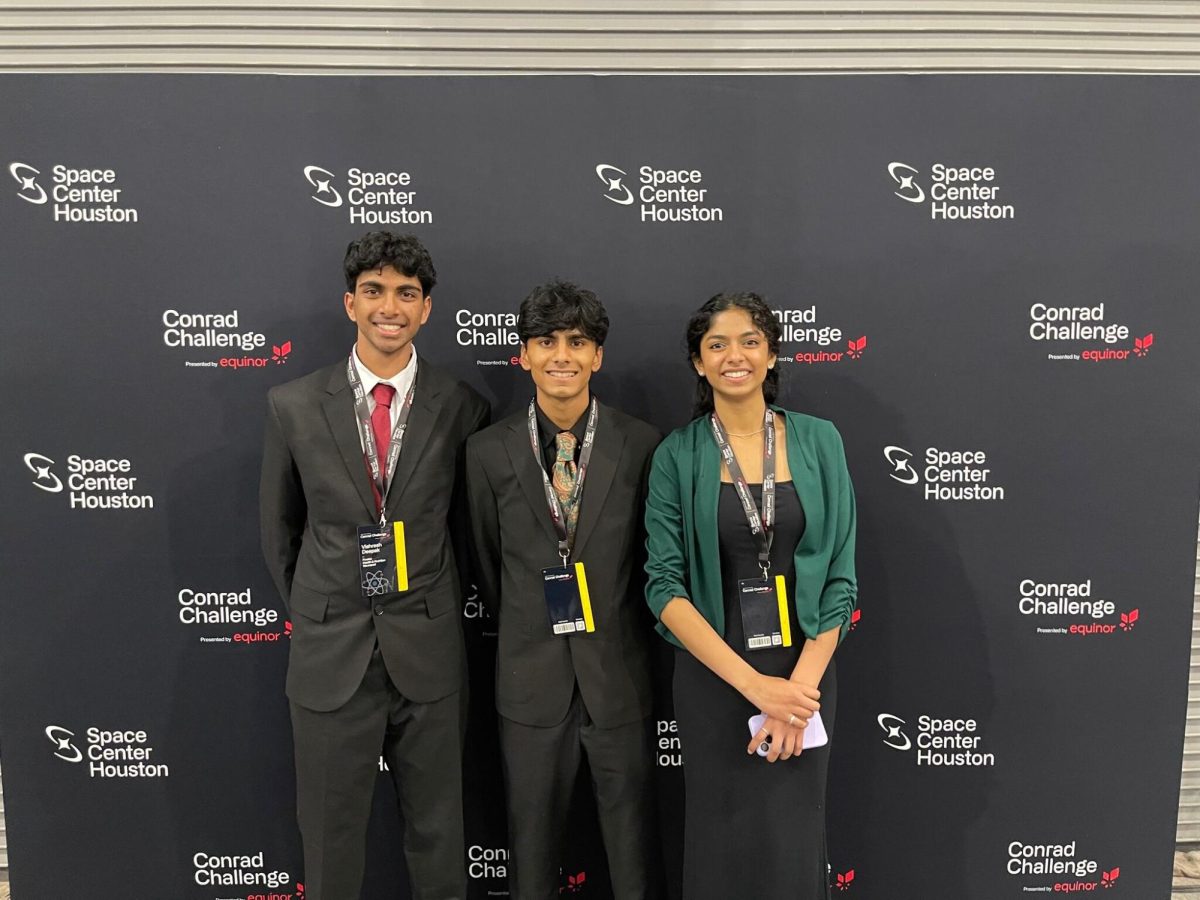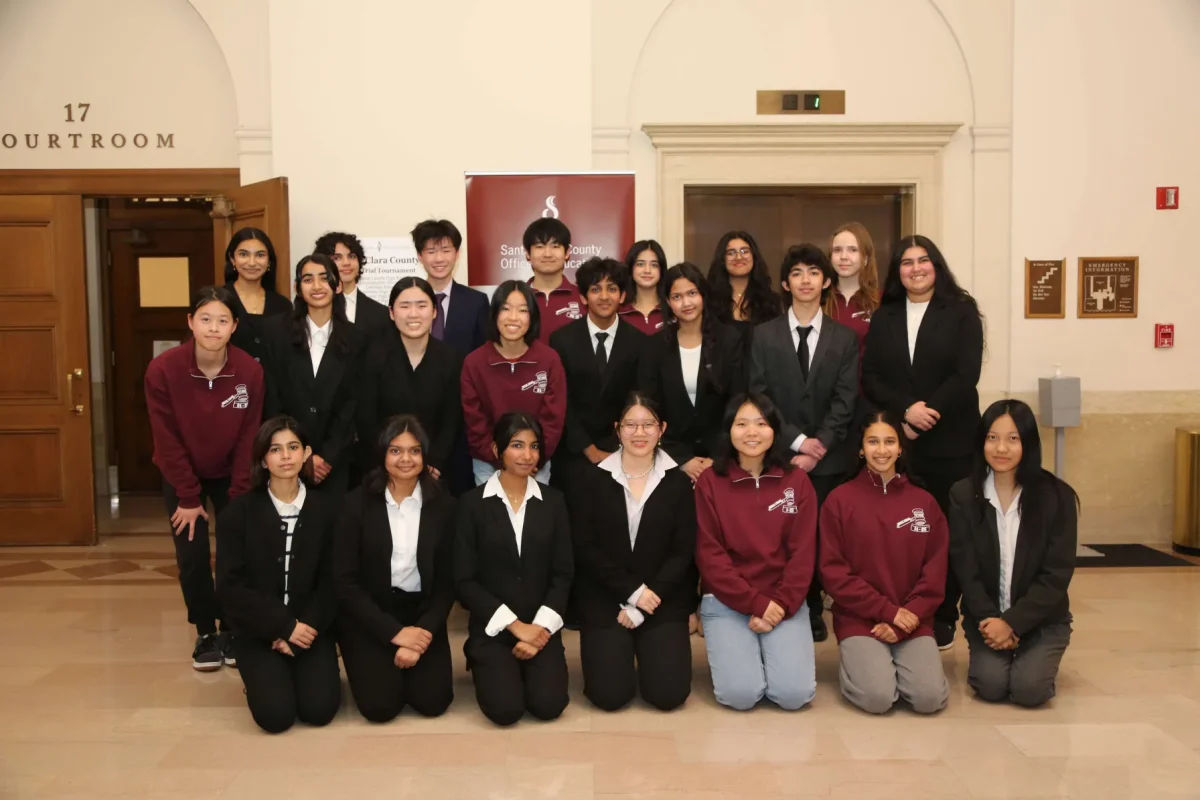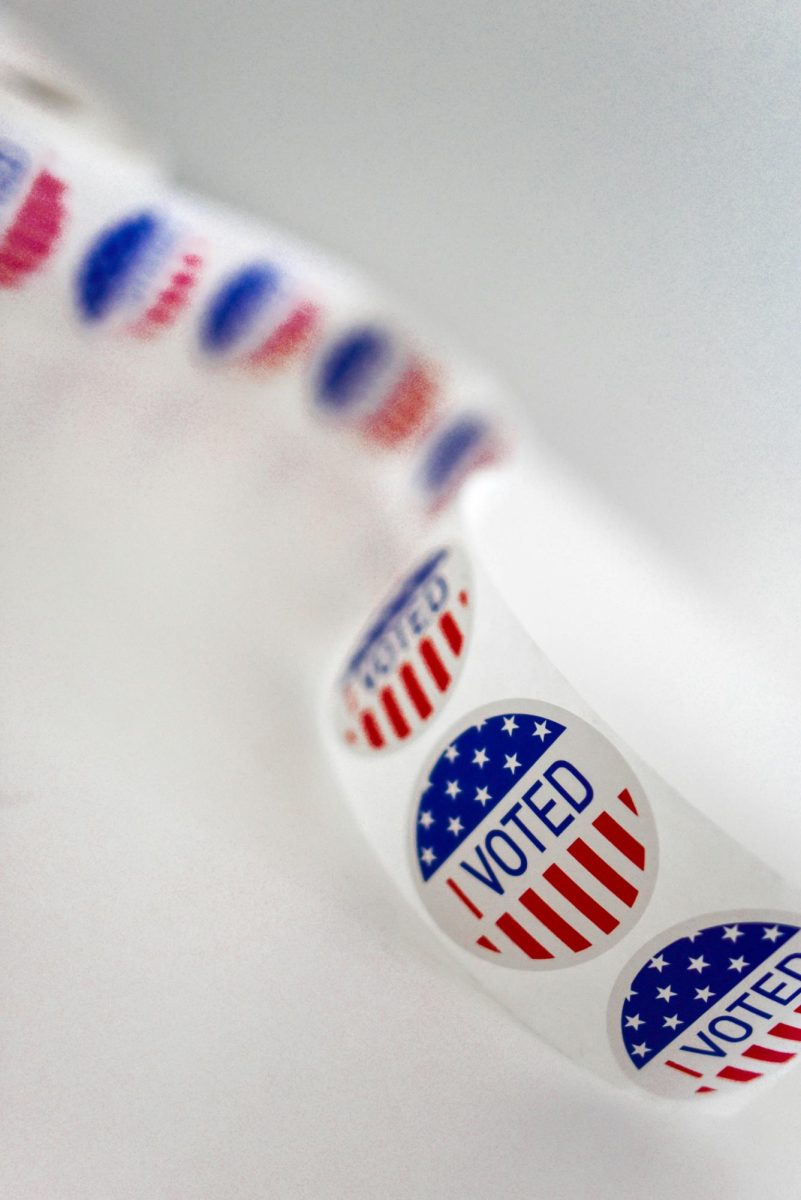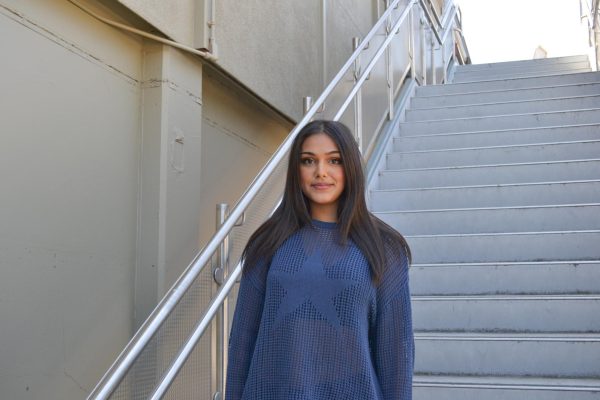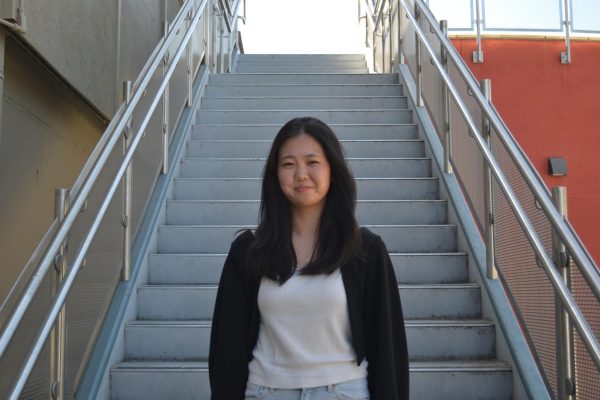Anticipation thrummed through the air as determined students adorned with poster boards, signs and sunglasses flooded the Cupertino High School campus. Every March, CHS students spend one week campaigning to peers in efforts to be elected as a member of their respective class council. But this year, the way the student body elects representatives has changed drastically — though rising sophomores, juniors and seniors previously ran for specific positions, all candidates now campaign to be a general member of student council.
At CHS, each class council is comprised of eight representatives — president, vice president, secretary, treasurer, two rally chairs and two social managers. In past years, rising sophomores, juniors and seniors campaigning for class council have shaped their campaigns around one position, depending on what they feel best pertains to their skills, qualifications and goals.
Although freshmen had also been running for specific positions up until the last decade or so, school administration implemented a new system, realizing that freshmen had little to no knowledge on each position’s specific role. Now, freshmen aspiring to join student council at the beginning of the school year campaign to be a general council representative. The top eight voted candidates then delegate positions in descending order of the number of votes received, with the student who earned the most votes choosing their position first.
This year, the voting system formerly only applied to freshmen class council elections has now been expanded to all four grades, meaning rising sophomores, juniors and seniors no longer run for specific positions. Rising sophomores, juniors and seniors discuss their positions through a facilitated discussion, giving a brief speech and holding a vote within the council for their choice positions.
Both Homestead High School and Fremont High School already use this system, while Monta Vista High School implemented it just this year. Lynbrook High School, on the contrary, still requires all four grades to run for specific positions. Most other schools in the district have significantly smaller councils and their entire councils are enrolled in the Associated Student Body class, while at Cupertino, only the president and vice president of each council are members of ASB.
Associated Student Body: Kent Paris
CHS’s ASB advisor Kent Paris explained in an email interview that he and the ASB Executive team made the decision intending to further democratize the election process.
“I switched the voting system to encourage healthier competition and for students to run for council and not for a position,” said Paris. “My goal is to increase civic engagement on campus, and my hope is that this system will encourage those who might be intimidated to participate.”
The reform was officially announced at the class council informational meeting on Wednesday, March 5, shocking many prospective candidates — especially considering that the previous system has been in place for more than 60 years. Paris expressed that a multitude of factors played into the weighty decision.
“The issues I saw with elections were positions being unopposed, backdoor deals — [such as] if you run for this position, then I will run for this position — and students not willing to run because they are intimidated by the incumbent’s popularity,” Paris said.
The new voting system may alter some candidates’ campaigning tactics and strategies, as Paris pointed out that students are now running against all other potential candidates rather than just the few others vying for the same position.
Though the 2024-2025 ASB Executive team declined an interview, ASB Treasurer Devansh Patel stated, “We have decided to change the election process in order to increase participation and foster healthy competition.”
Current President: Esther Kim (2026)

Junior Esther Kim, current president of the class of 2026, ran for her final student council term this March. Kim has been on class council for all three years of high school so far, serving as a rally chair in her freshman and sophomore year and as class president her junior year.
“Honestly, my initial thoughts on the change to the voting system was confusion, because we’ve had this system in place for years now and suddenly it’s being completely changed,” said Kim.
Though Kim is currently class president, she expressed concerns that even if she was re-elected to council, she may not be guaranteed the same position if another elected candidate with more votes chose it instead.
Said Kim, “Although I’m still trying to understand this new election system and how it will impact our school and our democratic process […] it’s overall intended to make elections more competitive so that more people are compelled to run for office.”
As Kim had already experienced a transition from campaigning as a rally chair in a duo to campaigning for the president position individually, the new system did not lead to a major shift in her approach this year. “My tactics this year were pretty similar, making my campaign not role-specific but general goals that apply to the entire council,” Kim said.
In addition to events such as Homecoming and Tinolympics that all councils plan for their classes, junior and senior councils also plan larger events, such as prom. Kim predicts both positive and negative impacts on the planning process. Since candidates are chosen based on overall goals they want to achieve within council, rather than position-specific goals, candidates may put more thought into ideas for these larger events.
“Especially for proms, when working collectively as a council is more important than what each role’s tasks are, this new election system could help council work better as a team,” Kim said.
Kim also voiced concern that the new council election system may cause contention over who should assume which role, as students might receive roles that they did not want. However, her overall attitude remains positive. Said Kim, “[…] I’m hopeful that this new election system can positively impact how council works as a team and shares responsibilities.”
Current Rally Chair: Anna Chuang (2028)
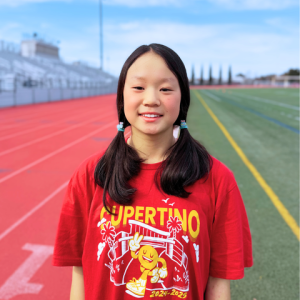
The system notably impacts those who will end up in one of the two dual positions — social manager or rally chair. In previous years, students have run for these positions in pairs, meaning that if they win they will automatically become partners and will have prior experience in working with one another. This year, however, the social manager and rally chair pairings will be entirely random.
Freshman Anna Chuang was a member of 2028 council for the 2024-2025 school year, and ran to be on council again this year. Since the new voting system was already in place for freshman candidates, Chuang did not make any major changes to her campaign strategies.
Said Chuang, “After the change was announced, I know that a lot of people became unsure about how it would impact their chances of getting into council. Personally, I didn’t feel like it would’ve made a big difference to my candidacy. In fact, I was kind of glad that I didn’t have to think too much about which position I wanted to go for or worry about which positions would be more or less competitive. Instead, I continued to mainly focus on the ultimate goal of bringing our class together and increasing spirit.”
Chuang served as a rally chair for her class during the previous year, and worked with her partner throughout the year. Because she was a freshman, she did not run with her current partner for the position at the beginning of the 2024-2025 school year.
“Some people who wanted to go for rally chairs [or] social managers were probably looking forward to running with a partner because it might’ve made them more confident. The partner would presumably be someone who they are comfortable working together with […]. With the new voting system, people that end up being rally chairs or social managers may or may not know each other well, which could lead to some initial awkwardness or challenges in collaboration,” said Chuang. “However, part of the mindset of running for council is to be ready to cooperate with all kinds of people regardless of your coworkers or positions.”
New Candidates: Sean Kimura (2026) & Katherine Sun (2027)
Though some candidates were previously on student council, there were many who were not. Junior Sean Kimura ran for the 2026 treasurer position for the 2024-2025 school year but did not win the election, and decided to run for class council again this year.
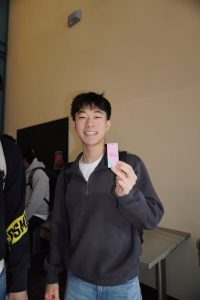
Said Kimura, “I think that the new voting system is better. For a smaller number of people running, it is more beneficial as if you don’t get the position you want there is still a big chance to get on council for a different position. There is a safety net when running with a small group of candidates. For a bigger group, it is more harmful as you are now running against [more than 15] people rather than maybe five people for a certain position. If you don’t make it to the position you want, then there is no other chance of being on council.”
Kimura suggested that the new system be used on smaller groups of candidates and the old system on larger groups, noting that there was a more relaxed attitude in his class’s election due to a higher chance of being elected overall. Only nine total candidates ran for 2026 council this year.
The election for the 2025-2026 school year was sophomore Katherine Sun’s first time running for class council.
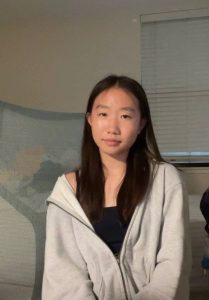
“As someone who is more shy [and] reserved, I was really nervous about running at first, but I think that it’s really helped me open up more. I’ve also felt much more support from students — and even teachers — than I thought I would receive, and I feel very appreciative of that,” Sun said.
Though Sun had not previously run for student council, she would have preferred the older system to the newer one.
“Especially as someone who has not been on class council in the past, I think that being thrust into a role that I wouldn’t feel as comfortable with while also being new to the whole class council system in general, could become overwhelming very quickly,” said Sun. “With the new system, I found that it was more difficult to focus my goals on specific things — instead while campaigning, I had to focus on more broad areas of council.”
Paris stated that CHS elections will continue to operate under this system for the foreseeable future, including next year’s ASB executive elections, which will be held in February 2026.
All interviews for this article were conducted digitally.
Edited on March 26, 2025: correction on position choice system.




